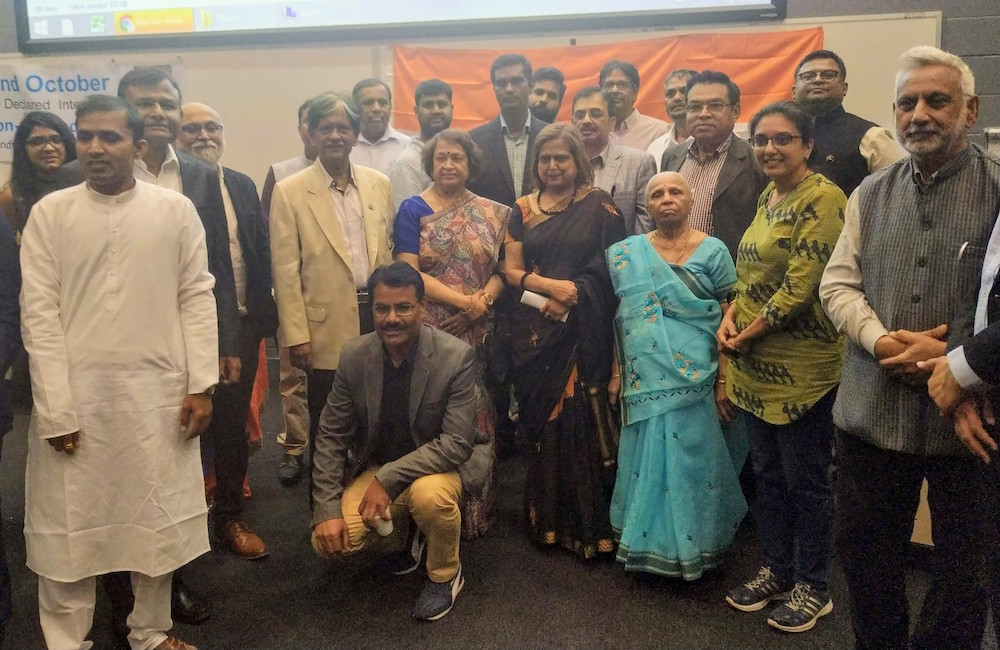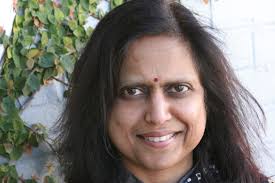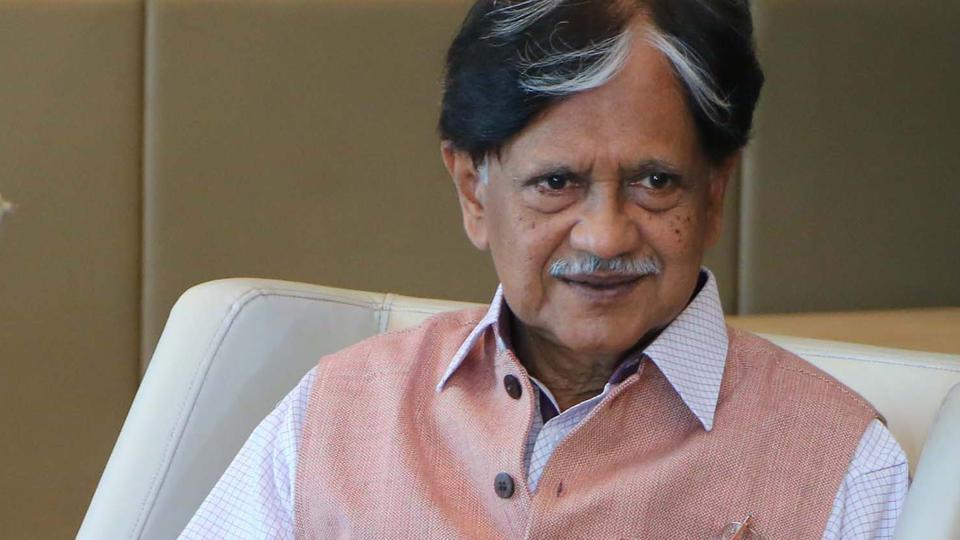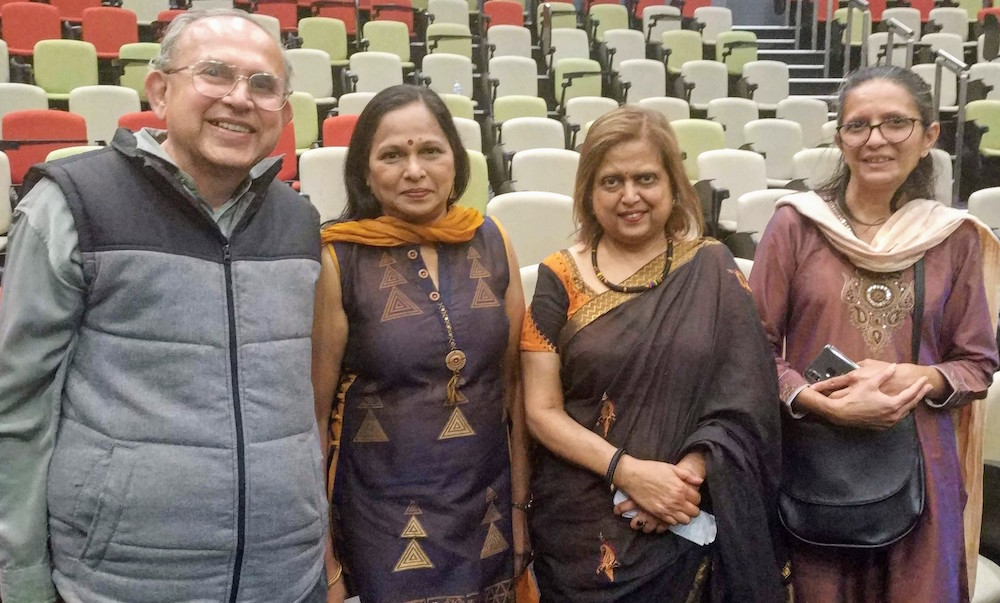Progeny unravels the mystique of the Congress icons

By Vijay Badhwar
People love to hear stories about celebrities, how they lived, shuffled their busy schedules and fitted in their family situations and if they, in fact, were as sketched in their public persona. Especially if the anecdotes relate to the best known contemporary Indian icon, Mahatma Gandhi, or the most humble prime minister India had in Lal Bahadur Shastri.
The Indian community in Sydney got this opportunity, thanks to the Indian Overseas Congress, Australia, who commemorated Bapu ji’s 150th and Mr Shastri’s 115th birth anniversaries at the Western Sydney University on October 19. The speakers were: Uma Mesthrie, great granddaughter of the Mahatma and a well-known historian, and the son of the former Indian PM, Lal Bahadur Shastri, Anil Shastri, formerly the Union Finance Minister.

Prof Uma Mesthrie described her great grandfather Mahatma Gandhi, as seen through the eyes of her grandmother, as a complex personality, a disciplinarian. She related that once, in South Africa, Gandhi ji forgot his glasses when he went to deliver a public lecture. He made his second son, Manilal, to walk 32 kilometres to get the spectacles! He even decided on a partially deaf match for his son.
But, Prof Mesthrie said that Gandhi ji was a devoted father; he just had a different way of expressing love. From some of his letters collated in the 1960’s and now in the New York Public Library, there is a five-page letter written on both sides of the paper (as Gandhi ji never wanted to waste any paper) when he was in prison, explaining the purpose of life, that it was not about making money, that education, in fact, was character building. And, he was obsessed with good hand-writing (which he didn’t have) always advising to improve.
Prof Mesthrie said that it was in a different context that we celebrated Gandhi ji’s 150th anniversary: “non-violence is not about wars; it rather starts from home – how we speak to each other”.

Anil Shastri reflected on Gandhi ji as a natural leader. Although with no formal education in management he did all those things that the curriculum taught – handled an array of leaders like Maulana Azad, Patel, Nehru, calling them home for one on ones, being practical and also being confessional whenever he did a mistake.
“What mattered most was his belief, his commitment, his passion,” Mr Shastri said, “it’s what Gandhi ji believed from the soul that the British had no right to rule over India that ultimately won India the freedom”.
Mr Shastri said that he was told by his PM father to read Gandhi ji’s, My Experiments With Truth, when he was very young. “It will answer all your questions,” he had said.
Anil Shastri related that many journalists had asked his 5’ 2” father when he was going to meet to talk to Pakistan’s President General Ayub Khan, who was more than 6’ tall, in Tashkent. “Mein sar utha ke baat karunga aur wo sar jukha kar karenge,” (I’ll raise my head talking to him and he’ll have to lower his head to speak to me), he quipped.
“In 1965, I was studying in Delhi’s St Stephens College when my father became India’s second Prime Minister. The secretary informed me that a dozen or so girls from the university had come to introduce themselves. I got so scared what my father would think that I hid myself and the girls were turned away from the door. But, my father, when he was told, rebuked me for turning away the guests as it wasn’t per our tradition,” Anil Shastri related.
He was also in trouble when the PM Shastri came to know that he had gotten the driving licence when he was underage – for not abiding with the nation’s laws right inside the prime minister’s household.

It was an interesting commemoration for the two giants of Indian political scene. Many things to take lessons from. The speakers suggested to change just one thing in life as the best way to pay them a tribute.
Indian Overseas Congress president Manoj Sheoran briefly provided the party’s activities and the background of Mr Shastri and Prof Mesthrie’s talks when the proceedings started. Mr Abbas Alvi acknowledged all those who contributed towards the commemoration. Dharam Pal represented the Indian Consulate at the event. Karthik Mohandas was the backbone of the afternoon talks, co-ordinating the programme, introducing the topic and the guests, summing up and emphasising the salient points and concluding in a Q&A session.
Short URL: https://indiandownunder.com.au/?p=14292
